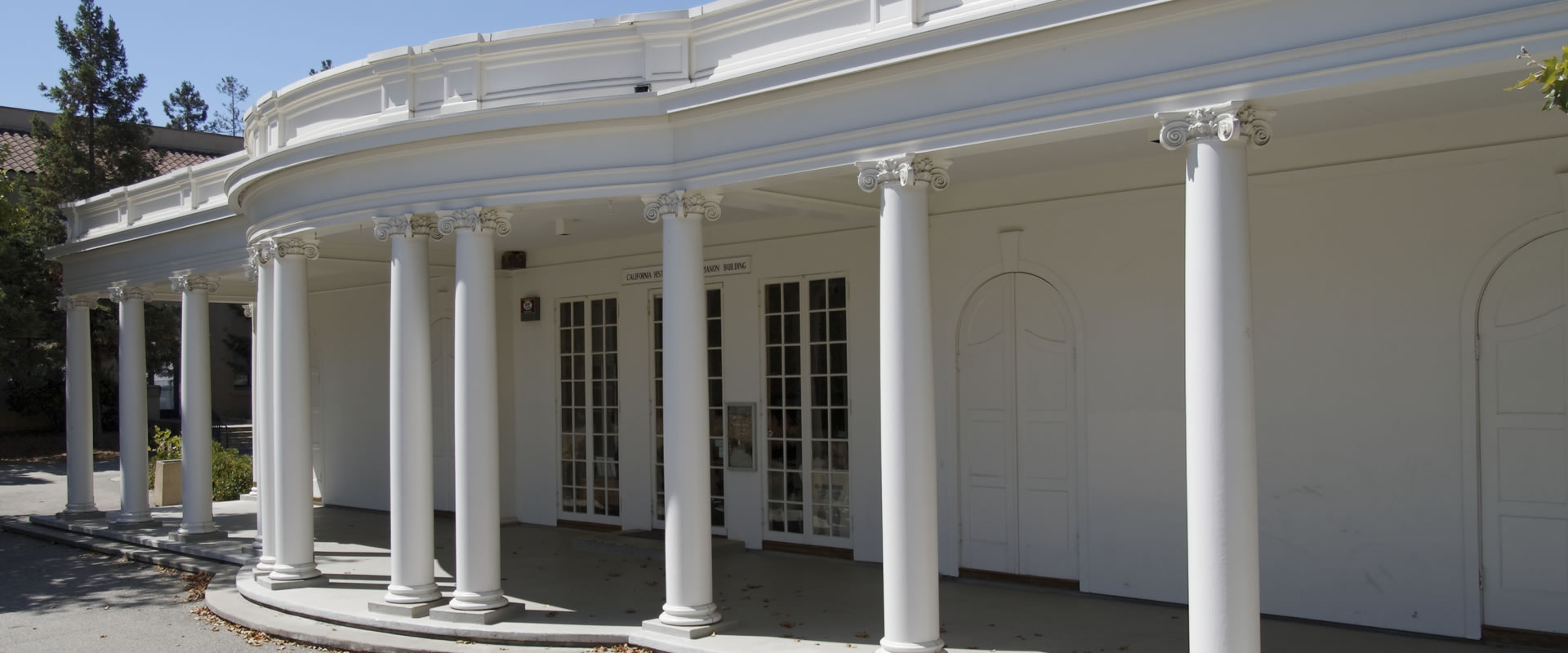The California History Center academic program serves as the vital link in the partnership between the Foothill-De Anza Community College District and the California History Center Foundation. On average, 20 academic courses are offered each year through the CHC program. Courses are offered during the day, evening, and on weekends, and most courses are transferable to four-year institutions as electives.
California History Center
The following courses will be offered Fall quarter 2012 through the California History Center. Please see the History Department class listings section of the Schedule of Classes.
- J-Town: Japantown's 20th Century Transformations
- Rolling Thunder: Railroads into California
- Saving Marin County: the Politics of Wilderness
To sign up for a class, apply for admission and register online. For more information or questions, call the center at 408.864.8712
J-Town: Japantown's 20th Century Transformations
Course: HIST-107X-95, 2 Units
Instructor: Mary Jo Ignoffo
This class will explore transformations within San Jose's Japantown or "J-Town," throughout the twentieth century. It will analyze how immigrants from Japan settled there, and the impact the World War II internment had on the community they built. It will outline major forces that helped to re-shape the community in the post-war period, including efforts of non-Japanese Americans to help internees keep their properties; the influence of many religious institutions in the area; the interaction of various non-Japanese American ethnic communities co-existing in the neighborhood; and the effect of a changed political climate as expressed by the success of the redress movement and election of local Japanese Americans to public offices.
Lectures: Mondays Oct. 15 and 29, 2012, 4:00-7:45 p.m., CHC
Field Studies: Friday, Oct. 26 and Saturday, Nov. 3, 2012
Contact: ignoffomaryjo@deanza.edu
Rolling Thunder: Railroads into California
Course: HIST-052X-95, 2 units
Instructor: Chatham Forbes
The transforming technology of the nineteenth century was steam, and steam powered the railroad into the western wilderness, terminating in California. Over time, railroads became the dominant economic and political power in California and the West, and comparably powerful in the nation as a whole.
Lectures: Thursdays, Nov. 1 and 15, 2012, 6:30 - 10:00 p.m., CHC
Field Studies: Saturdays Nov. 3 and 17, 2012
Contact: chforbessr@msn.com
Saving Marin County: the Politics of Wilderness
Course: HIST-053X-95, 2 units
Instructor: Chatham Forbes
Barely a mile across the Golden Gate from crowded San Francisco, pristine Marin County needed protection from major real estate developers when the Golden Gate Bridge opened in 1937. Influential citizen activists responded successfully to preserve the County's treasured wilderness areas.
Lectures: Thursdays, Nov. 29 and Dec. 6, 2012, 6:30 - 10:00 p.m., CHC
Field Studies: Saturdays, Dec. 1 and 8, 2012
Contact: chforbessr@msn.com

